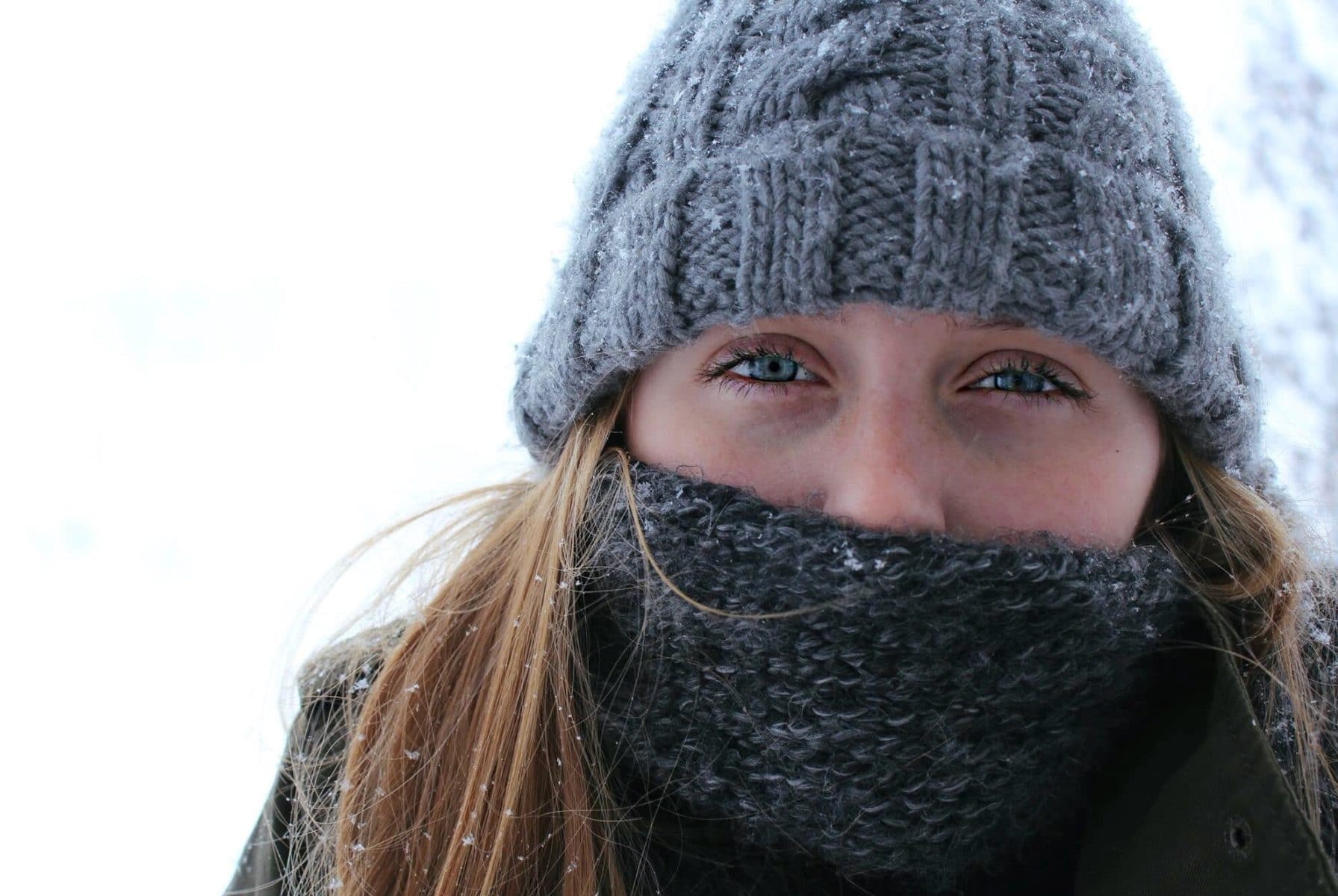Winter comes with its complications and ailments, but what many people fail to realize is that wintry weather affects your eyes too. The frigid cold and drifts of snow are the biggest culprits when it comes to damaging your eyes, and certain precautions must be taken to avoid any potentially long-term complications.
Continue reading to learn about some of the eye problems that come with winter weather and how you can prevent them.
Corneal Freezing
One way wintry weather affects your eyes is the potential for corneal freezing. While slightly uncommon, the outermost layer of the eye, called the cornea, can freeze if exposed to icy winds for a prolonged period of time. This freezing is signified by ocular pain and ultimately behaves like a corneal abrasion. Treatment may involve lubricating the eye or using antibiotic drops, and it usually heals with time.
It is best to prevent this condition altogether by wearing proper gear while spending time outside in the cold. A face wrap with goggles is the ideal equipment to use.
Snow Burn
Most people do not think they can be burned by the snow, but the reflection of the sun’s UV rays off the bright white surface of the snow is to blame. The official name of this condition is photokeratitis, and it can be a painful way to spend the remainder of your winter break if you do not take proper precautions. On top of the pain, you could also experience temporary vision loss, excessive tearing, or a gritty, foreign body sensation.
It will take time to recover, but you may try lubricating eye drops or a cool washcloth to relieve the discomfort. Occasionally you may need to see an ophthalmologist for a prescription. To prevent this condition, be sure you are equipped with proper UV protective goggles or sunglasses before you spend any time out in the snow.
Dry Eyes
Many people notice an increase in dryness and associated irritation in the winter months. You may notice your eyes begin to water to combat the lower humidity found in the winter months. Preventing watery or dry eyes in winter is easy; stay hydrated, use a humidifier in your house, and avoid prolonged exposure to those exceptionally cold and dry days.
See One of Our Eye Doctors for Assistance
If you’re experiencing discomfort or want to know more about how wintry weather affects your eyes, make an appointment to see one of our eye doctors in Flint, Oxford, Lapeer, Grand Blanc, or Fenton.
Comments are closed.




